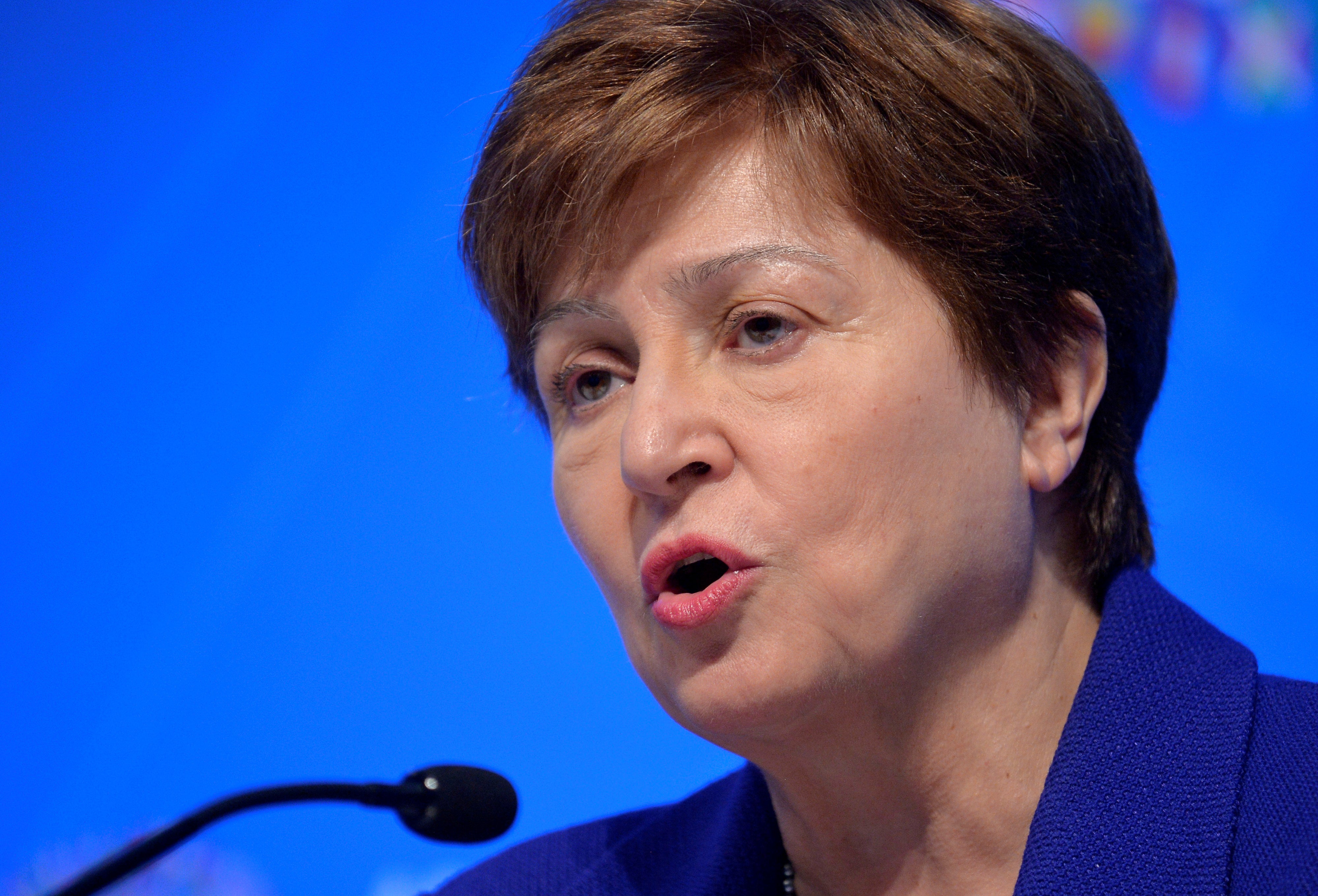UK government must spend more to support jobs through Covid and Brexit, says IMF
International Monetary Fund downgrades forecast for UK and calls for continued fiscal support as second wave builds across Europe

Your support helps us to tell the story
From reproductive rights to climate change to Big Tech, The Independent is on the ground when the story is developing. Whether it's investigating the financials of Elon Musk's pro-Trump PAC or producing our latest documentary, 'The A Word', which shines a light on the American women fighting for reproductive rights, we know how important it is to parse out the facts from the messaging.
At such a critical moment in US history, we need reporters on the ground. Your donation allows us to keep sending journalists to speak to both sides of the story.
The Independent is trusted by Americans across the entire political spectrum. And unlike many other quality news outlets, we choose not to lock Americans out of our reporting and analysis with paywalls. We believe quality journalism should be available to everyone, paid for by those who can afford it.
Your support makes all the difference.More government spending is “essential” to protect jobs and the UK economy through the coronavirus pandemic and Brexit, the International Monetary Fund has said.
IMF chief Kristalina Giorgieva commended Rishi Sunak’s interventions to support livelihoods but warned not to think about reducing public spending or cutting the deficit until the crisis subsides.
Citing fears about the impact of a second wave of Covid-19, the IMF downgraded its outlook for the UK economy, forecasting a 10.4 per cent plunge in GDP this year – worse than the 9.8 per cent it had previously predicted.
It now forecasts growth of 5.7 per cent next year, leaving the UK’s output well below pre-crisis levels into 2022.
The Washington-based organisation, which has for decades been a global voice for deregulation, privatisation and lower government spending, said the pandemic had “taken a significant human toll” on the UK, and more public investment would be needed in order to rebuild.
In its report published on Thursday, the IMF said: “Continued policy support is essential to see the economy through the pandemic and the transition to the post-Brexit trade regime.
“Fiscal policy should continue to accommodate the costs of programmes now in place to protect workers and firms directly affected by the pandemic.
“Invigorating growth as the pandemic subsides will require an additional fiscal policy push, and this should take advantage of opportunities to ‘build forward better’.”
Ms Georgieva praised the UK’s fiscal response to the pandemic as “one of the best examples of coordinated action that we have seen globally”, and said the IMF welcomed “continuing efforts the government has made to refine its support measures, including adaptations to the Jobs Support Scheme announced last week”.
Mr Sunak announced more generous measures last week amid growing warnings that the Job Support Scheme would not be enough to prevent mass job losses.
Business groups and unions welcomed the move but said thousands of jobs had been lost due to the delay.
At the Conservative Party conference earlier this month the chancellor promised to “always balance the books”, prompting fears he may be seeking to turn off the spending taps while the economy is still being ravaged by the pandemic.
“We have a sacred responsibility to future generations to leave the public finances strong, and through careful management of our economy this Conservative government will always balance the books,” Mr Sunak said.
“If instead we argue there is no limit on what we can spend, that we can simply borrow our way out of any hole, what is the point in us?”

Join our commenting forum
Join thought-provoking conversations, follow other Independent readers and see their replies
Comments